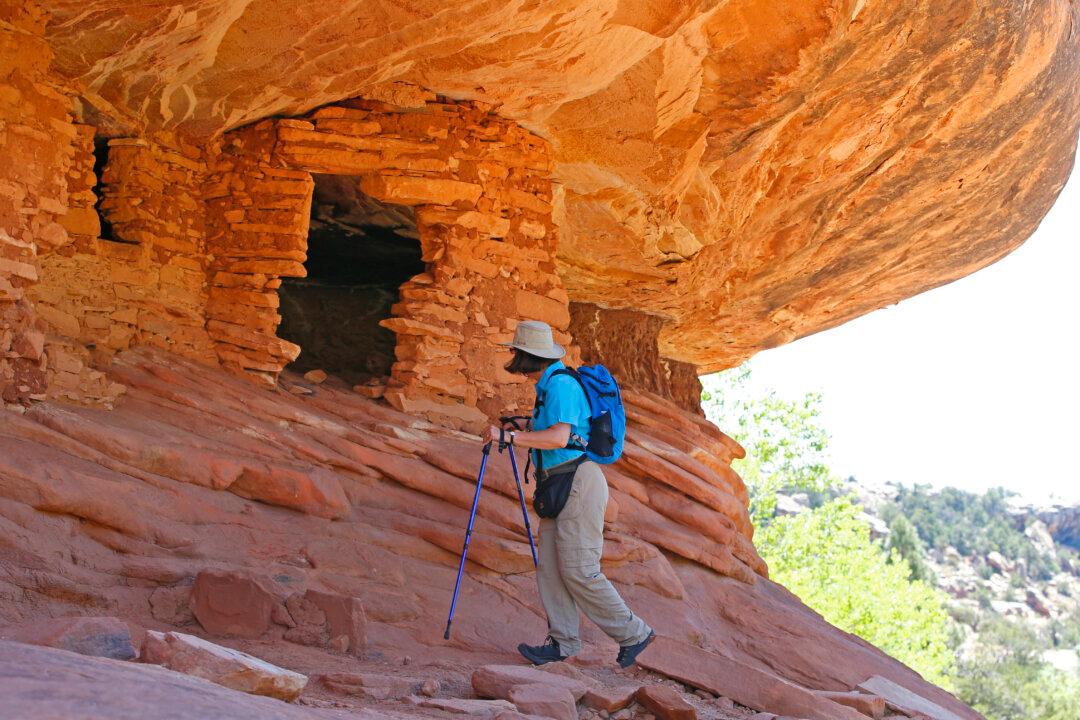President Joe Biden’s decision to reverse the reduction of national monuments by former President Donald Trump was upheld by a federal judge on Aug. 11.
President Biden’s decision to enlarge the Bears Ears and Grand Staircase-Escalante national monuments isn’t reviewable because plaintiffs didn’t obtain the necessary paperwork, U.S. District Judge David Nuffer, appointed by President Barack Obama, said in a 28-page ruling.





